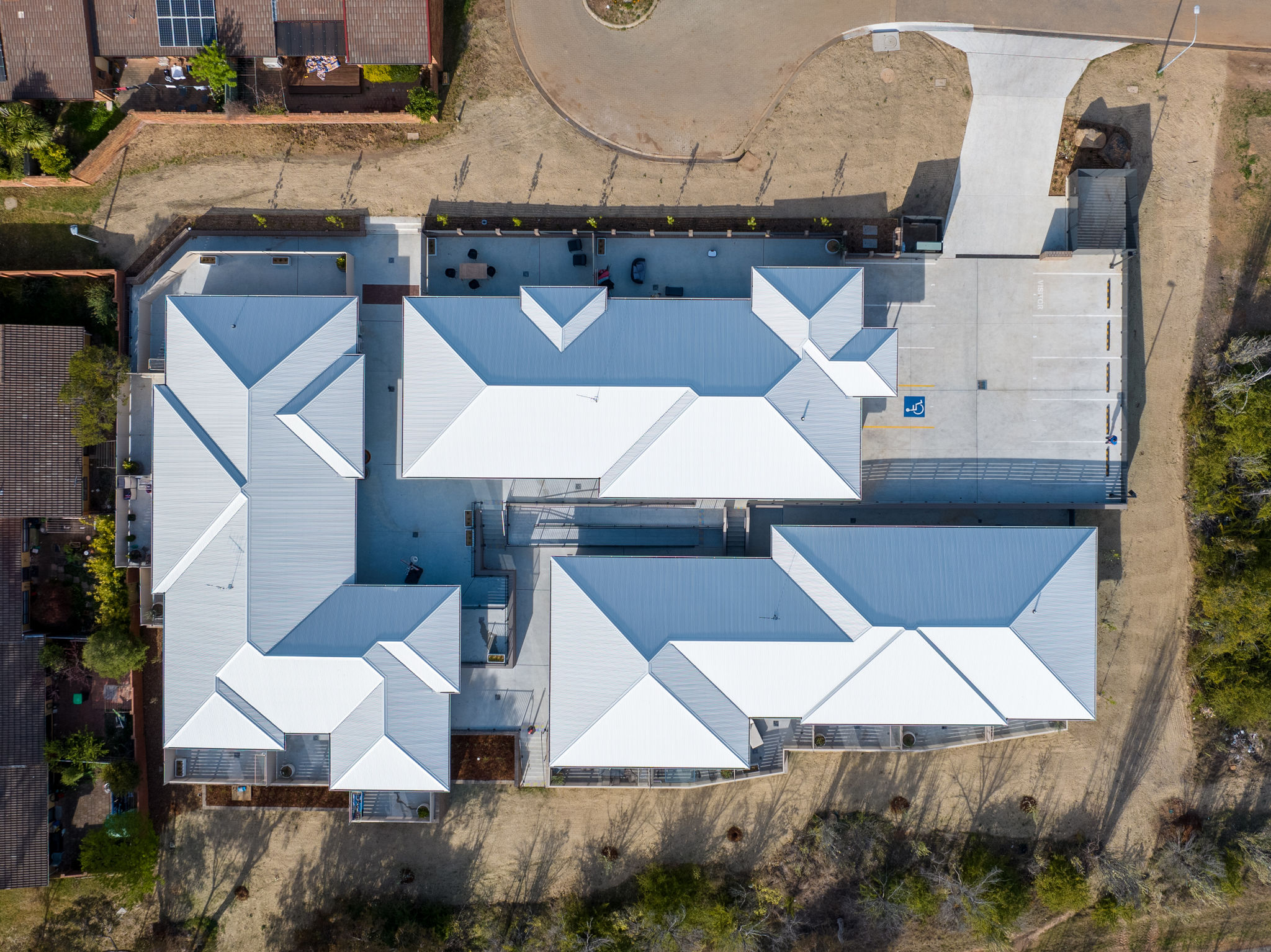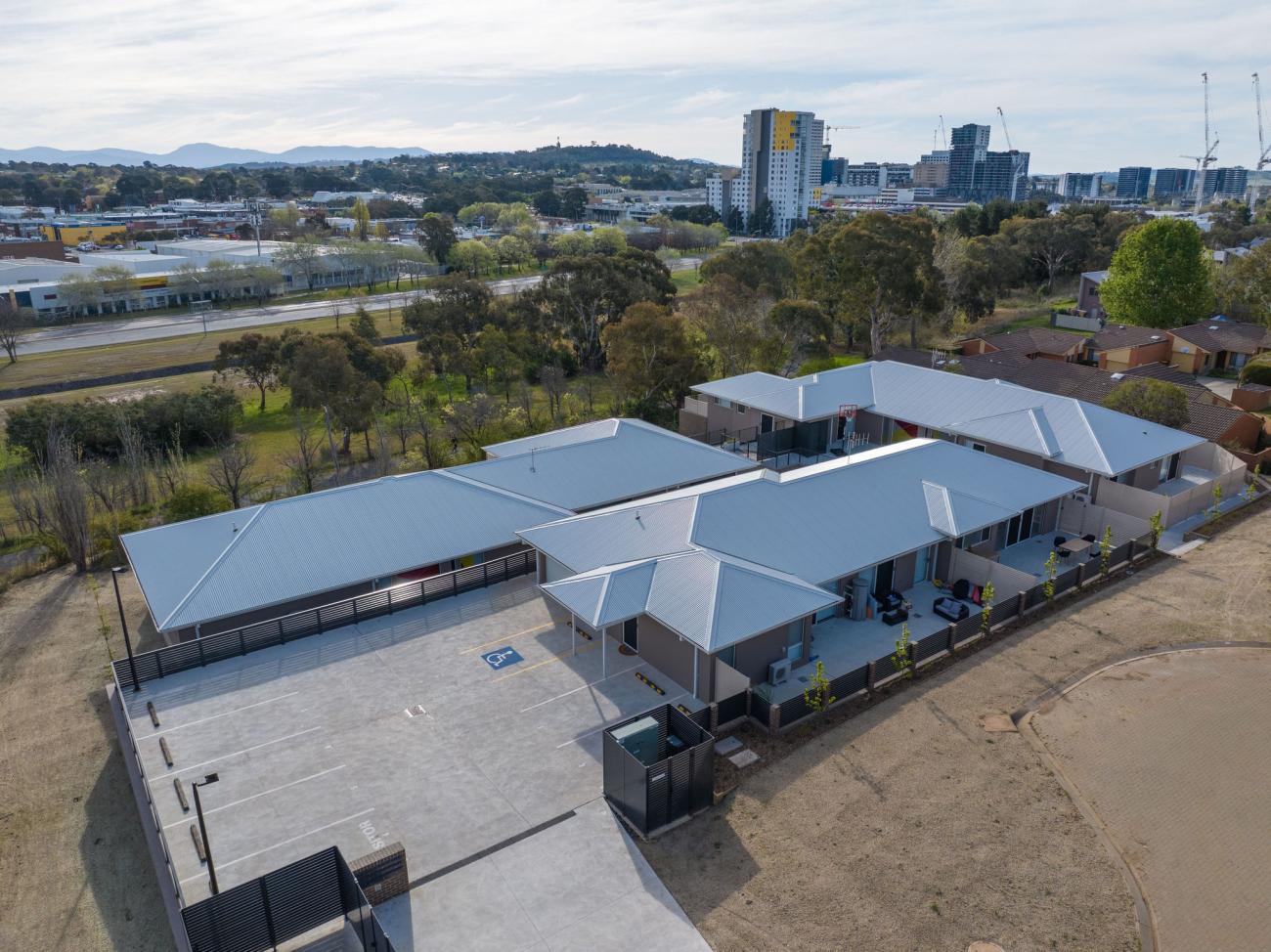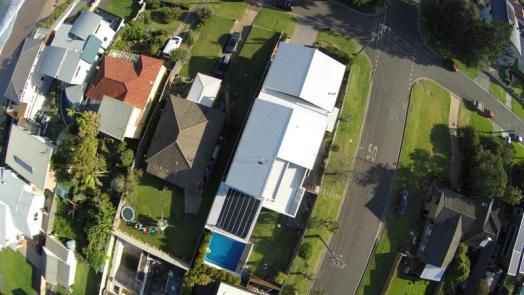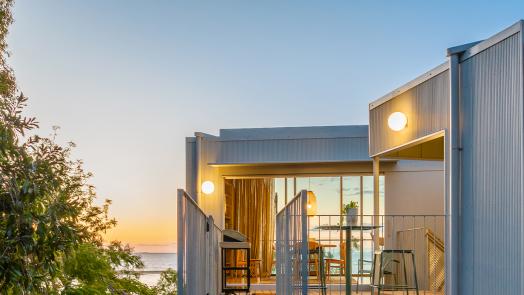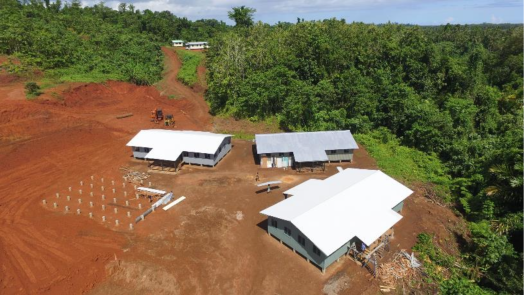For most, attaining home ownership is a long-term goal that will take plenty of hard work and sacrifice – for people with intellectual disabilities, the challenge is even greater. Recently though, home ownership was placed within the grasp of some of these citizens as well, thanks to Project Independence (PI).
PI is a not-for-profit social enterprise that is rewriting the rules on how community members with intellectual disabilities can acquire a home, allowing them to live independently while enjoying the security that home ownership brings.
The organisation’s model enables the residents to acquire equity in a property which is financed through their disability support pensions. PI’s most recent project opened in the ACT suburb of Philip, in August, and has become home to 10 new residents.
The accommodation is set up as individual units but within a larger house space, allowing easy social interactions for the residents through several shared common spaces, while still having the privacy of their own individual units which feature a bedroom, bathroom, kitchenette, living space and courtyard.
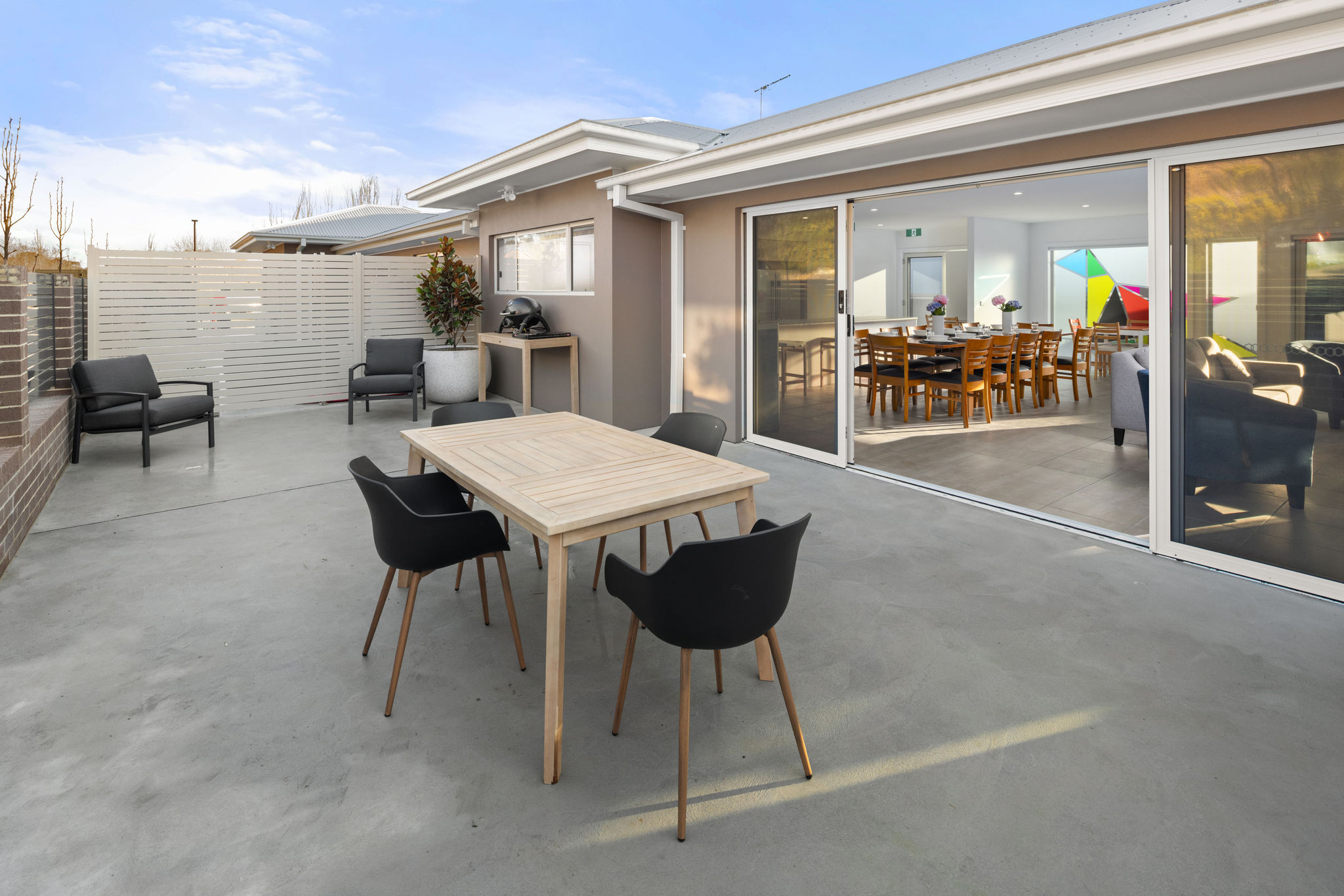
Most residents living within PI’s housing ventures are aged between 23 through to 60 plus years, and many are leaving home for the first time. The new living arrangements are allowing residents to become more independent while letting their families perhaps downsize their own homes while scaling back some of their care responsibilities. For added support and peace of mind for residents and their families, PI homes also have a live-in resident coordinator.
According to Project Independence Fundraising Manager, Catherine Powell, there is a strong need for independent accommodation for citizens with intellectual disabilities.
“The feedback that we’ve received from the residents that have already moved into their accommodation has been excellent,” Catherine said.
“They’re relishing their additional independence and are enjoying the chance to grow and to have their own space.”
Catherine said that there are currently a further 50 applicants waiting for similar independent accommodation.
“While our latest Philip development goes some way to help meet the needs of this demographic, the fact that there are so many still requiring a home shows that much more needs to be done,” Catherine explained.
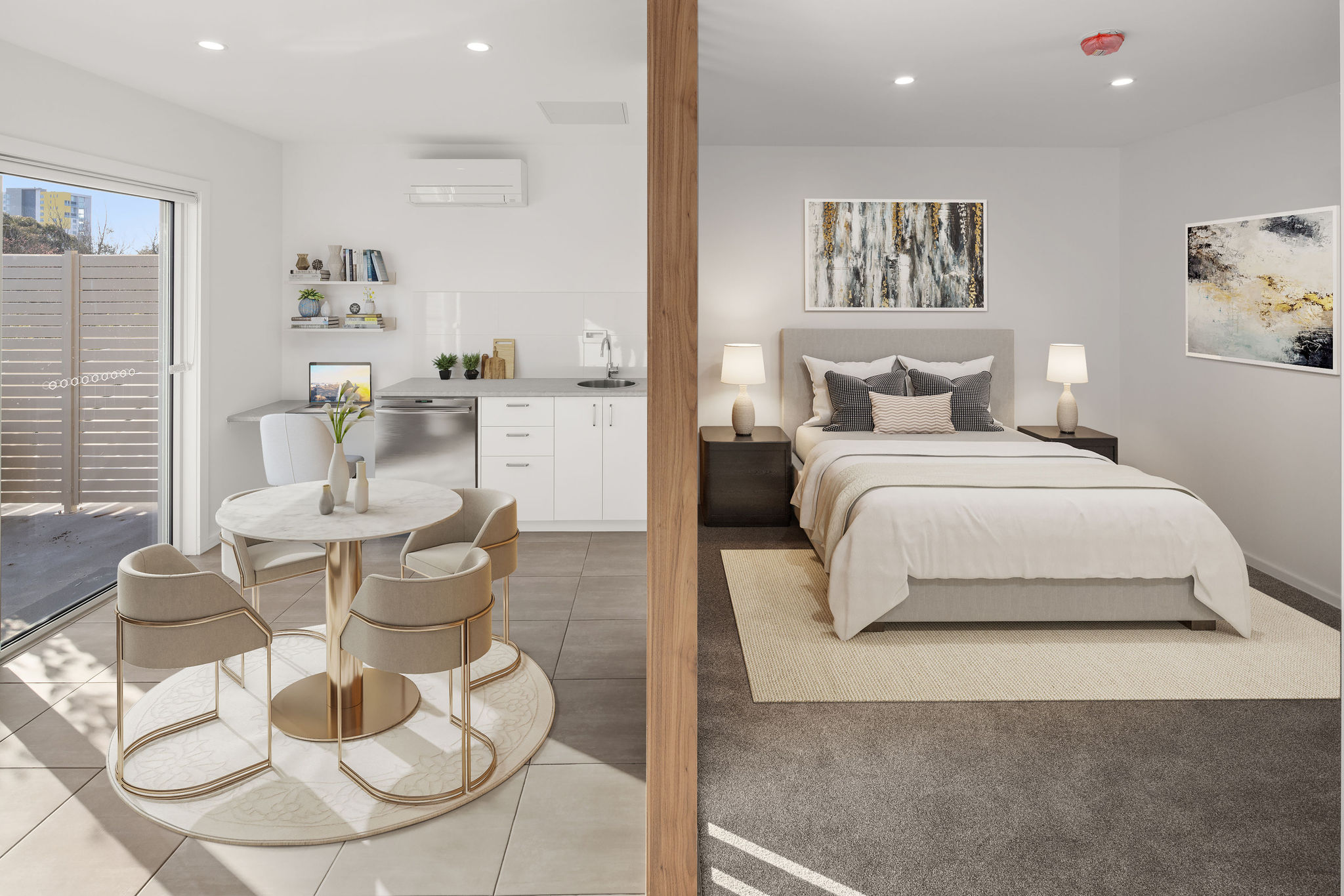
Two further PI projects are currently being planned but still a long way off completion. The challenges that were overcome during the construction of the Philip accommodation have highlighted the importance of having good corporate partners, according to Catherine.
The Philip project endured several disruptions before being completed in August 2023 – the pandemic blew out timelines and it became more difficult to source materials. It was a perfect storm that made it more important than ever for PI to reign in costs to ensure affordability for its clients.
On the roof of the Philip accommodation is six tonnes of the popular LYSAGHT CUSTOM ORB® cladding shaped from COLORBOND® steel in colour Surfmist® which Lysaght donated to the project. The iconic corrugated profile has been a favourite building material for Australian homes, commercial and industrial structures for generations, and there are plenty of great reasons why.
CUSTOM ORB® is lightweight making it efficient to install and this also means that the roof framing can be lighter, potentially saving on material and labour costs. Additionally, being shaped from pre-painted COLORBOND® steel, CUSTOM ORB® requires very little maintenance, and it’s also deemed a non-combustible material under the National Construction Code meaning it’s well suited for areas with high BAL (Bushfire Attack Level) ratings.
“To help meet our goal of developing accommodation, we’re dependent on the generous assistance of corporate partners such as Lysaght,” Catherine said.
“Construction isn’t cheap, so as a charitable organisation, any help we gain is extremely valuable and really appreciated.”
